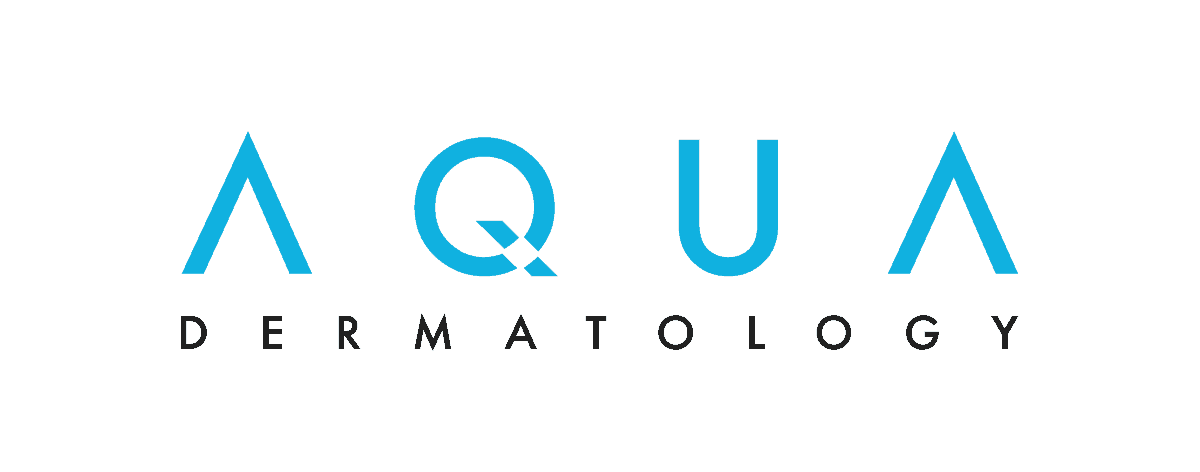
If you’re an adult with acne, don’t worry. You’re not alone. According to recent statistics, nearly 85% of all adults get acne at some point in their lives, whether it’s on the face, chest, or other parts of their body. In the U.S. alone, between 40 and 50 million people are currently dealing with some form of acne.
When one is dealing with acne, the best thing to do is to visit the local dermatologist to seek out the best skin care treatments for acne. However, that’s not always the full picture to perfect skin. Rather, having good skin care habits and overall health will prevent you from experiencing unwanted blemishes. So if you have acne, your skin may be trying to tell you something.
Here’s what your acne-prone skin might be trying to say:
You’re Dehydrated
For those who are acne-prone dehydration can exacerbate skin problems. According to Fix.com, one of the symptoms of dehydration is is dry skin. When your skin lacks moisture, your body will attempt to overcompensate by producing more oils to moisturize your dry skin, furthermore causing breakouts.
Your Diet is Off
Studies show that highly processed foods with a high glycemic index and tons of carbohydrates can easily cause acne and inflammation in many individuals. Dairy and sugar are also common causes of inflammation and breakouts. If you’re experiencing a lot of breakouts, it may be time to eat more fruits and vegetables.
You’re Tired
If you’re not getting all 40 winks, then you may be experiencing acne. When you don’t get enough sleep, your body isn’t as able to increase blood flow to the skin. It also messes with your body’s ability to create new collagen overnight. Additionally, not getting enough sleep can mess with your stress levels, which can also lead to acne.
You Need to Lay off the Cocktails
As you may already know, drinking is extremely bad for your skin. Not only can it dry your skin out, leading to the production of acne-causing oils, but it can also lead to other poor habits, such as many of the ones listed above.
A positive change in life habits, combined with regular visits to your local dermatologist and the best acne treatment possible can help to make your skin healthy and glowing. Of course, you can always ask a dermatologist if you ever need any counsel or guidance.





